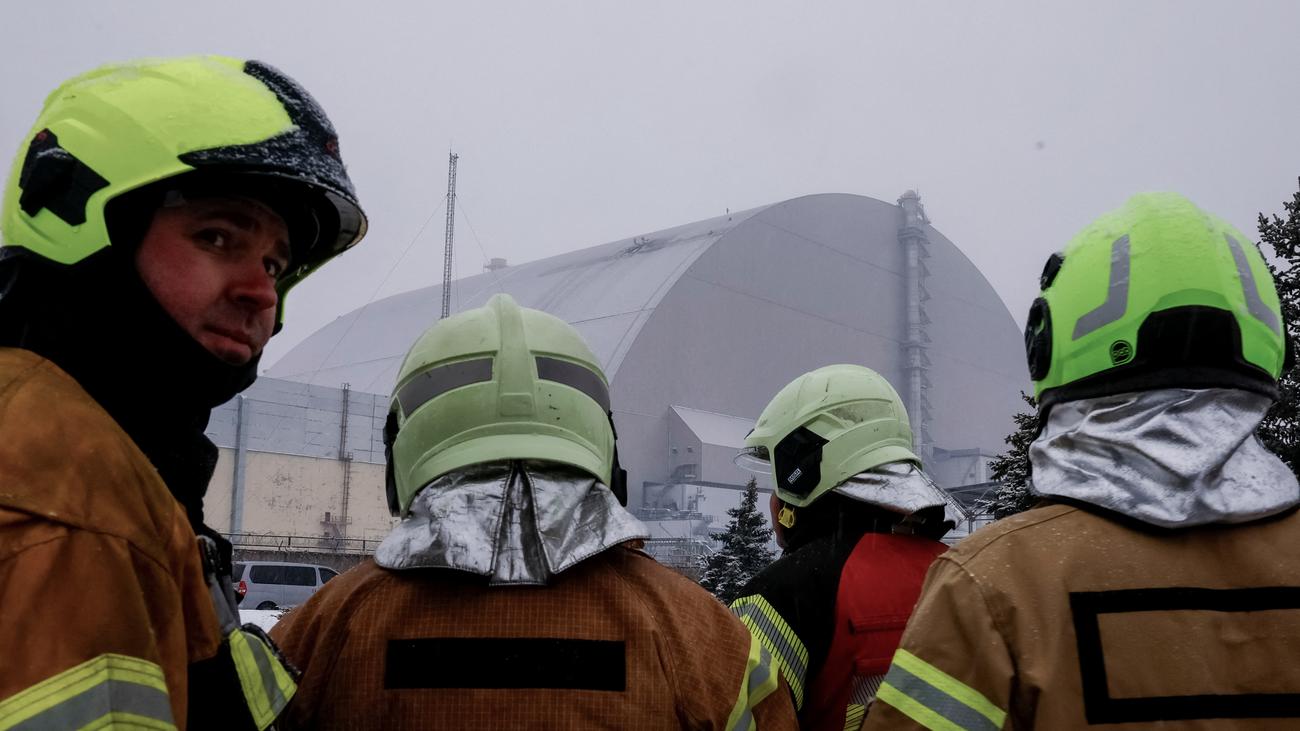Ukraine's Support: A Closer Examination of International Aid and its Impact
The ongoing conflict in Ukraine has sparked an unprecedented global response, with numerous countries and international organizations pledging significant support. This article delves into the multifaceted nature of this aid, examining its various forms, its impact on the ground, and the challenges involved in its effective delivery. Understanding this complex web of assistance is crucial to grasping the dynamics of the conflict and its long-term consequences.
Types of Support for Ukraine: A Multifaceted Approach
Ukraine's allies have provided a wide range of support, extending far beyond simple financial aid. This support can be broadly categorized as follows:
1. Military Aid: Weapons, Training, and Intelligence
This is arguably the most visible aspect of international support. Numerous countries have supplied Ukraine with a vast array of weaponry, including anti-tank missiles, artillery systems, and air defense systems. Beyond material aid, training programs for Ukrainian soldiers and the sharing of crucial intelligence are proving equally vital in the fight against the Russian invasion. The effectiveness of this military aid is a subject of ongoing debate and analysis, with some experts questioning the speed and sufficiency of deliveries.
- Key Players: The United States, the United Kingdom, Poland, and other NATO members have been prominent in providing military aid.
- Challenges: Ensuring the timely delivery of weapons, coordinating supply chains, and adapting to the evolving needs of the Ukrainian military are significant ongoing challenges.
2. Humanitarian Aid: Meeting Basic Needs
The humanitarian crisis in Ukraine is immense, with millions displaced and facing shortages of food, water, shelter, and medical care. International organizations like the UNHCR, the Red Cross, and numerous NGOs are working tirelessly to provide essential humanitarian assistance. This includes distributing food and medical supplies, providing shelter, and offering psychosocial support to those affected.
- Key Players: The UN, the International Red Cross and Red Crescent Movement, and various national and international NGOs are leading humanitarian efforts.
- Challenges: Access to conflict zones, logistical hurdles in delivering aid, and the sheer scale of the need pose significant challenges to humanitarian workers.
3. Financial Aid: Economic Support and Reconstruction
Significant financial assistance is crucial to bolstering Ukraine's economy, which has been severely damaged by the war. This aid helps to fund essential government services, maintain social welfare programs, and support economic recovery efforts. International financial institutions like the IMF and the World Bank, along with individual countries, are playing key roles in providing this support. The long-term economic reconstruction of Ukraine will require sustained and substantial financial commitment.
- Key Players: The European Union, the United States, the International Monetary Fund, and the World Bank are major contributors to Ukraine's financial aid.
- Challenges: Corruption concerns and the need for effective governance and oversight are crucial factors in ensuring that financial aid is used effectively.
4. Diplomatic Support: International Condemnation and Sanctions
The international community's strong condemnation of Russia's aggression, expressed through numerous UN resolutions and diplomatic statements, constitutes vital political and moral support for Ukraine. The imposition of sweeping sanctions against Russia is also a key aspect of this diplomatic pressure, aimed at isolating Russia and limiting its ability to wage war.
- Key Players: The United Nations, the European Union, and the United States have led international efforts to condemn Russia and impose sanctions.
- Challenges: Circumventing sanctions, managing the unintended economic consequences of sanctions, and maintaining international unity in the face of Russian propaganda pose ongoing challenges.
The Impact of Support and Future Challenges
The international support provided to Ukraine has been instrumental in enabling its resistance to Russian aggression. However, the long-term effectiveness of this support hinges on several factors, including the sustained commitment of international partners, the efficient allocation of resources, and the ability of Ukraine to effectively utilize the assistance received. The need for continued monitoring, evaluation, and adaptation of support strategies is paramount.
Call to Action: Stay informed about the situation in Ukraine and consider supporting reputable humanitarian organizations working to alleviate the suffering of the Ukrainian people. Learn more about how you can contribute to ongoing aid efforts through your local charities or international relief agencies.
